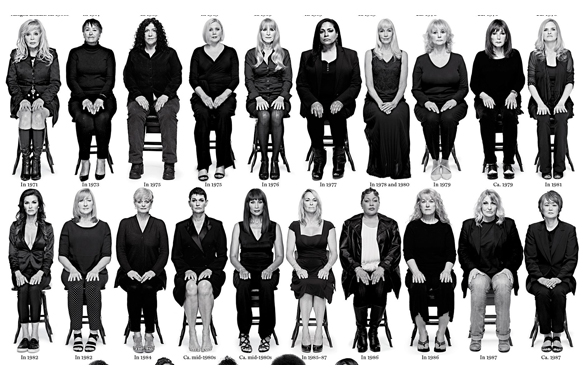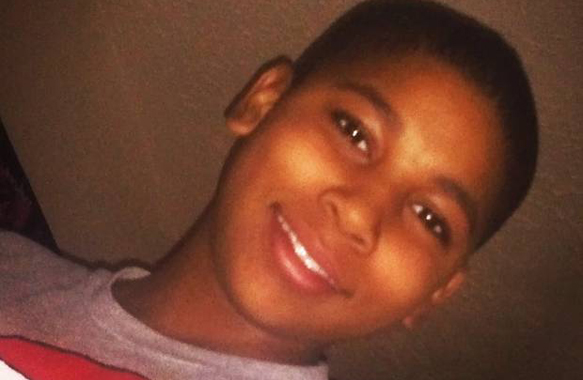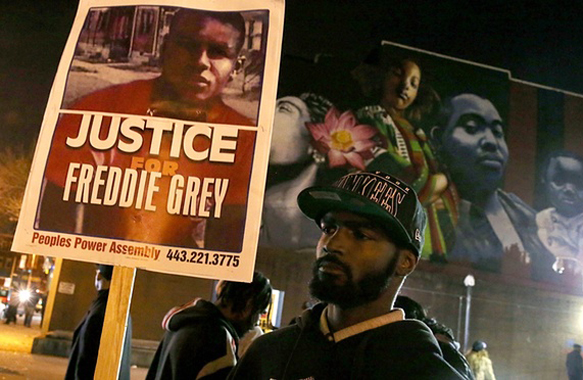His legal action is an act of misogyny – perhaps the same hatred that might have driven him, as accusers allege, to rape and sexually assault more than 50 of them
But more than just a last-ditch effort to salvage his legacy, the countersuit strikes me as more misogyny – perhaps the same hatred that might have driven him, as the accusers allege, to rape and sexually assault more than 50 of them over the past 30 years. There is something so brutally primal, so exquisitely perverted, about someone using all they have to take everything you are without consent.
Cosby’s lawyer, Monique Pressley, has said that these seven women are working an angle that involves “multidecade-old, false, uncorroborated, opportunistic allegations of sexual assault” that has caused irreparable damage to his legacy and reputation, the same legacy and reputation he believed to be inviolable as he was allegedly drugging women in order to have sex with them (he actually admitted to doing this while under oath during a 2005 deposition).
More than blurring their ability to consent, rendering them unintelligible would also blur their humanity.
Cosby’s conduct throughout has reflected this disregard for women as people, and his own sense of inviolability. Cosby has not been charged with a crime and denies all allegations. He said of their claims: “I won’t dignify
How dare these and all women who sought his help to get jobs, his moral guidance to navigate the world, step out of his denigrating gaze and into their own strength?
Cosby’s misogyny is extreme, but he isn’t operating in a societal vacuum. Former Oklahoma police officer Daniel Holtzclaw, convicted last week of rape and 18 other charges of sexual assault he used his position of power, too, to exploit, take advantage of and to strip women of their dignity – to put an extra fine and gratifying point on his own sexism. Holtzclaw also didn’t believe he would get caught.
But he did, and when he did, he openly wept. Wept, I’d argue, for his guilt, for his delusional sense of significance and for the freedom of the women that he violated.
If not yet legally, at the very least by public consensus, Cosby too has been caught. But rather than weep, he is grasping at straws, like a coward, in a pathetic effort to turn the tables against women who have stood by their unwavering truths.
His countersuit also claims that the women who have come forward with allegations against Cosby have caused him “shame, mortification, [and] hurt feelings.” He has no idea from hurt feelings – so he continues to hide, bask in his silence and pretend not to recognize that the emperor has no clothes – that he has no defense card to play. That if, as alleged, he once told the young actress Louisa Moritz, after forcing his penis in her mouth, “now you don’t want to upset me and the plans for your future, do you?” then his latest actions are just more of the same old, heinous thing.
For rape and sexual assault survivors, there is no luxury or ease in trying to remember, dredge up or clarify the details of an assault – there is seldom even any catharsis involved. It feels shameful and disjointed, and you feel wrong until you finally realize you are right.
Although public allegations were made by victims starting in 2005 – and consistently for the following decade – it wasn’t until 2014, when comedian Hannibal Buress did a bit during a show in Philadelphia about Cosby’s rape charges that people really started to pay attention: “Bill Cosby has the fucking smuggest old black man public persona that I hate,” Buress said. “‘Pull your pants up, black people. I was on TV in the 80s. I can talk down to you because I had a successful sitcom.’ Yeah, but you raped women, Bill Cosby. So, brings you down a couple notches.”
Because, evidently, it’s not rape until a man says it is, but that’s another opinion for another time. Ultimately, Buress’s sketch and calling out of Cosby’s sexual assault was useful and necessary, and prompted Barbara Bowman, one of his early accusers, to write a piece in the Washington Post, followed by a watershed of other alleged Cosby victims coming forward to tell their stories. It’s hard not to hope on some level that these allegations and the collective strength of these women will ultimately bring him sobbing to his knees.
Rebecca Carroll is a Guardian US contributing opinion writer and the director of digital media and marketing at Scenarios USA. She is the author of several nonfiction books, including Saving The Race and Sugar In The Raw. Follow her on Twitter: @rebel19
Copyright; Guardian News and Media Limited. Reprinted with permission.
This piece was reprinted by EmpathyEducates with permission or license. We thank Rebecca Carroll for her kindness and for inviting us to look at our “perceptions” and how these affect our conversations. We also wish to express our appreciation for The Guardian for being an enduring source of information and ideas.












And,finally, Cosby was just charged this morning, in my own home county (I live in the Philly suburbs).
http://www.npr.org/sections/thetwo-way/2015/12/30/461482697/bill-cosby-is-charged-with-aggravated-indecent-assault-in-philadelphia-area-case